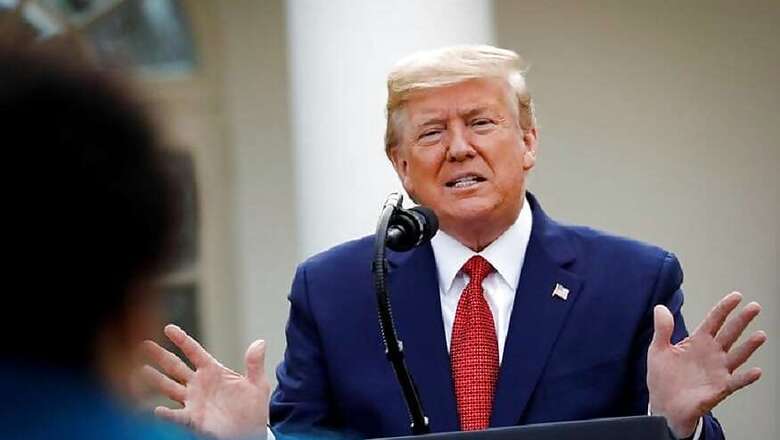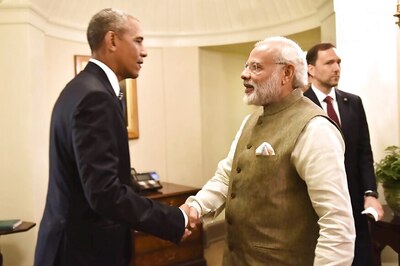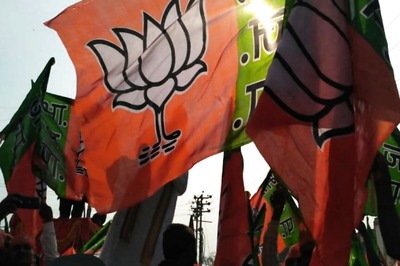
views
The US on Wednesday placed India on the Priority Watch List for lack of sufficient measurable improvements to its Intellectual Property framework on "long-standing" and "new challenges" that have negatively affected American right holders over the past year.
The US placed 10 countries, including some of its major trading partners like India and China, on the 'Priority Watch List', alleging that enforcement of intellectual properties have deteriorated or remained at inadequate levels and the Americans who rely on their protection have difficulty with fair and equitable market access.
The countries placed on the list by the Trump administration on Intellectual Property (IP) related issues are Algeria, Argentina, Chile, China, India, Indonesia, Russia, Saudi Arabia, Ukraine and Venezuela.
Kuwait has been removed from the last year's list that included 11 countries. And in 2019, the US had removed Canada and Thailand from the list.
"The Trump administration is committed to holding intellectual property rights violators accountable and to ensuring that American innovators and creators have a full and fair opportunity to use and profit from their work," said US Trade Representative (USTR) Robert Lighthizer after the release of annual Special 301 Report on the adequacy and effectiveness of trading partners' protection of IP rights.
Barbados, Bolivia, Brazil, Canada, Colombia, Dominican Republic, Ecuador, Egypt, Guatemala, Kuwait, Lebanon, Mexico, Pakistan, Paraguay, Peru, Romania, Thailand, Trinidad & Tobago, Turkey, Turkmenistan, the United Arab Emirates, Uzbekistan and Vietnam have been placed on the Watch List.
In its report, the USTR said that India had been placed on the Priority Watch List for lack of sufficient measurable improvements to its IP framework on "long-standing and new challenges" that have negatively affected US right holders over the past year.
Long-standing IP challenges facing US businesses in India include those which make it difficult for innovators to receive, maintain, and enforce patents in India, particularly for pharmaceuticals; ineffectual enforcement activities, copyright policies that fail to incentivise the creation and commercialisation of content, and an outdated and insufficient trade secrets legal framework, it said.
In addition to these long-standing concerns, India also further restricted the transparency of information provided on state-issued pharmaceutical manufacturing licenses, continues to apply restrictive patentability criteria to reject pharmaceutical patents, and still has not established an effective system for protecting against the unfair commercial use, as well as the unauthorised disclosure, of undisclosed test or other data generated to obtain marketing approval for pharmaceuticals and certain agricultural chemical products, the USTR claimed.
It said China's continued placement on the Priority Watch List reflected US' concerns with Beijing's system of pressuring and coercing technology transfer, and the continued need for fundamental structural changes to strengthen IP protection and enforcement, including as to trade secret theft, obstacles to protecting trademarks, online piracy and counterfeiting, the high-volume manufacturing and export of counterfeit goods, and impediments to pharmaceutical innovation.




















Comments
0 comment